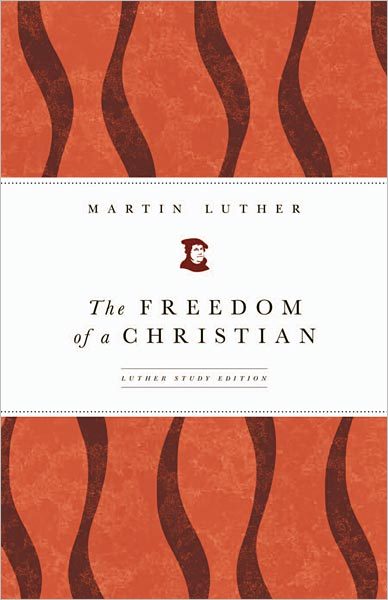Christ, risen from the dead, found his disciples worried and afraid. He breathed his Spirit into them and said, “as the Father has sent me, so I send you.” (John 20) Many of the scripture readings we hear between Easter and Pentecost, like this one, have to do with the origin, purpose and hope of church (in Greek – ekklesia or “assembly.”) So, as a theme for Lent was “grace in our context,” a theme for Easter adult forums will be “church in our context.”
April 3 – Are there different ways of being Christian within the New Testament? Mark Bertelsen leads a discussion on the epistle of James and possible disagreement with Paul.
April 10 – Christianity and California. Dr. Madeleine Forell Marshall will share some of the insights and challenges she presented at the Founders Day Lecture at our local seminary, coming out of her experience as a religion professor and in the mission field. How do we as Lutherans present this gospel in the cultures of California? She maintains that when we neglect “locality” in favor of some idea of “universal” Christian meaning we devalue religious experience and ruin essential metaphors. The incarnation insists that we take the physical world, our bodies and our localized experience seriously. The forum will also be the occasion for the launch of the new SunsetChristianity.com website, a place for sharing resources and stories.
April 17 – Christianity in America: a historic view. FLC member Kyle Erickson, as part of his graduate work, recently read the 19th century de Tocqueville’s Democracy in America and found the observations of this French writer on American Christianity fascinating. Kyle shares some of these insights and leads us in discussion.
April 24 – First Lutheran Church – goals for ministry. At our semi-annual meeting our council distributed vision and draft goals, which were also posted on the walls so folks could add their own sticky note comments. We’ll discuss these goals, the comments, progress and direction of FLC in the Silicon Valley context.
May 1 and 8 – “A different Christianity: Eastern Orthodoxy.” Jose’ Macias (partner to Mark Bertelsen) leads a discussion of the Eastern Orthodox Church: it’s historic lineage and where it stands today.










